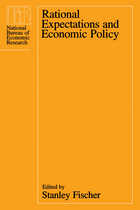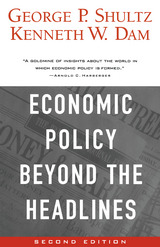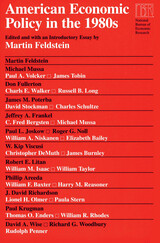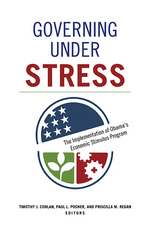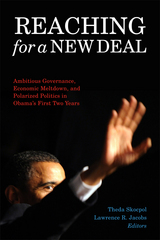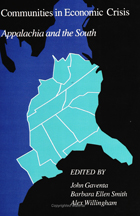Paper: 978-0-87840-827-6
Library of Congress Classification HC106.82.C64 2001
Dewey Decimal Classification 337.73
From the conflicts over the North American Free Trade Agreement (NAFTA) and the World Trade Organization to concern over illegal immigration and debates over the official status of the English language, politicians and citizens have been reconsidering fundamental questions about American society’s role in a changing global arena. Applying concepts derived from the study of international and comparative politics, Edward S. Cohen offers a systematic analysis of the impact of globalization on United States domestic politics.
Focusing on the obvious issue of trade and the less obvious areas of immigration and language policy, Cohen demonstrates that globalization is both the cause and result of a new relationship between the government, corporations, and citizens within the United States. Globalization has led to the formation of new political divisions and coalitions and has caused deepening conflicts over the purposes and goals of American politics. The outcome of these conflicts, Cohen argues, will determine the future of American political life.
Showing that globalization has transformed the priorities and responsibilities of sovereign states rather than hastening their demise, the book will interest politicians, policymakers, and students looking for a discussion of globalization that is grounded in the recent political history of the United States.
See other books on: 1993-2001 | Economic policy | Globalization | International Relations | Politics
See other titles from Georgetown University Press



